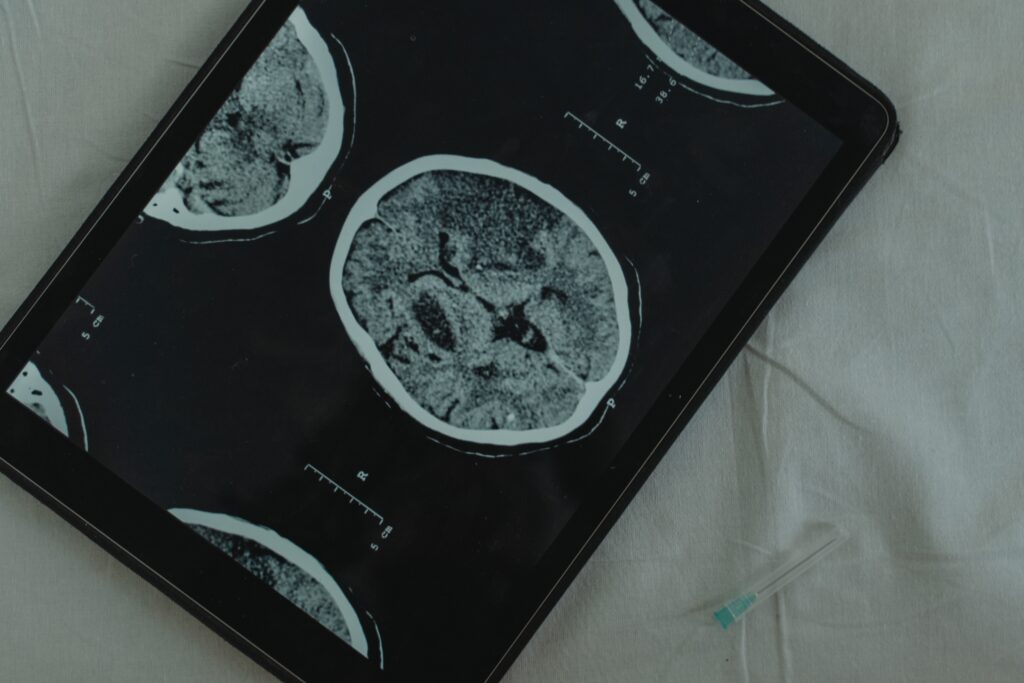
As the world grapples with an ageing population and increasing prevalence of chronic diseases, the demand for continuous home and institutional care is expected to rise significantly. This growing need, coupled with the ongoing COVID-19 pandemic, has led to a major advance in the use of virtual care tools. These tools have been instrumental in ensuring access to care and services, promoting continuity of care, and are now being integrated into care pathways for the evaluation, treatment, and follow-up of patients in specialty medicine, particularly neurology.
The Ministère de la Santé et des Services sociaux (MSSS) has initiated a national project on virtual care, mandating the Institut national d’excellence en santé et en services sociaux (INESSS) to provide a state-of-knowledge report to guide the use of virtual care in specialty medicine. This initiative aims to inform public decision-makers, medical associations, and health and social services professionals about virtual care practices in specialty medicine.
The project comprises seven reports, one of which focuses on neurology. The report presents a scoping review of the care pathways that can be supported or optimised with the use of virtual care. The review encompassed scientific and grey literature from the past five years, existing national and international guidelines, guidance and discussion papers, and health technology assessment (HTA) reports.
The findings from the review suggest that telerehabilitation is the most studied intervention across all care pathways. The review also highlights the need for additional good-quality studies to further validate the effectiveness of virtual care interventions.
The report also outlines several care pathways in neurology that have been reported as being clinically effective through the use of virtual care. These include identifying and diagnosing mild and major neurocognitive disorders via teleconsultation, improving cognitive functions through telerehabilitation via videoconferencing, and improving motor functions through physical telerehabilitation via videoconferencing among others.
Despite the promising results, the report also acknowledges the limitations of the study and the need for further research to clarify certain aspects of virtual care. Nevertheless, the findings provide valuable insights into the potential of virtual care in transforming the field of neurology and healthcare as a whole.
As the world continues to navigate through the challenges of the pandemic, the integration of virtual care in healthcare systems worldwide is more important than ever. It is hoped that with continued research and advancements in technology, virtual care will continue to improve access to healthcare and foster patient engagement in managing their illnesses.